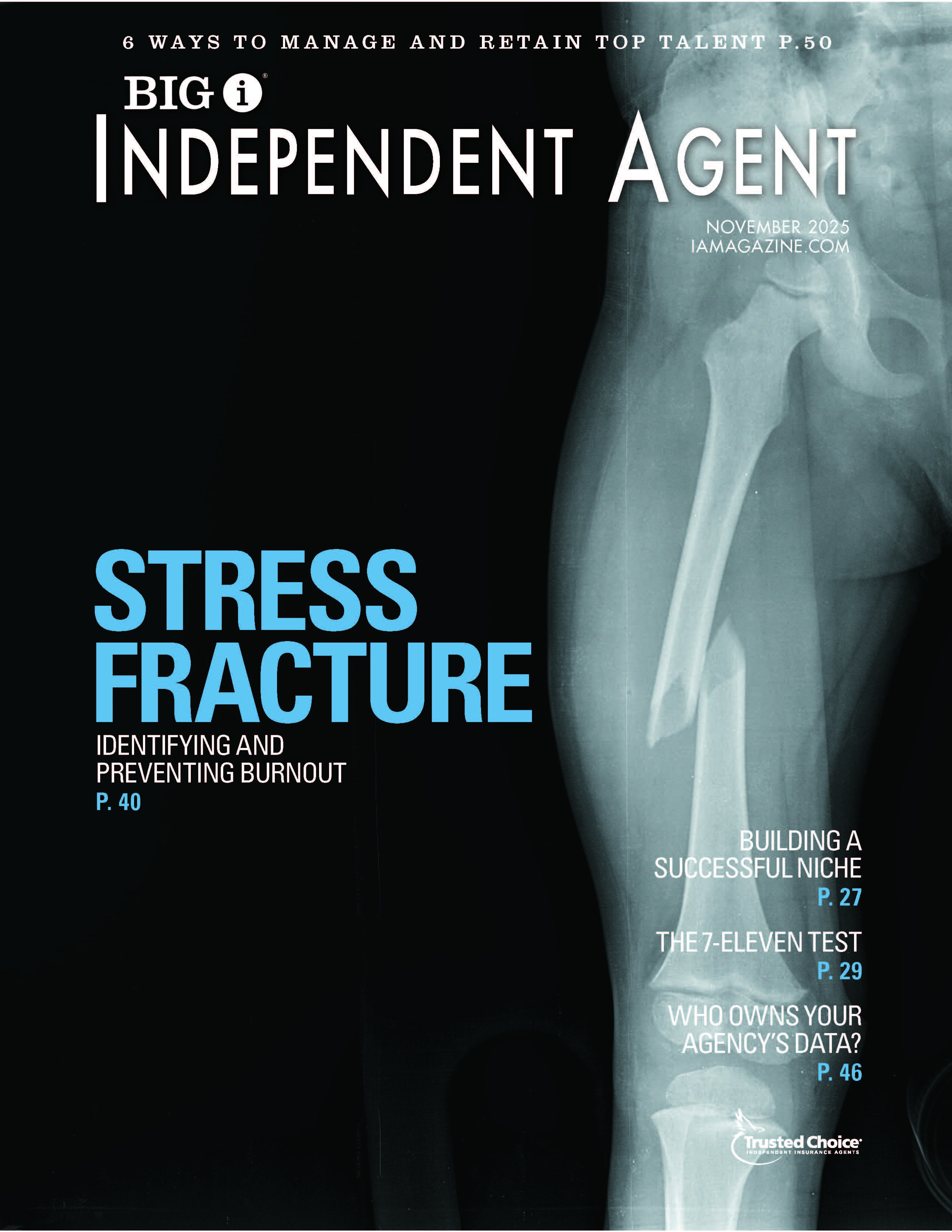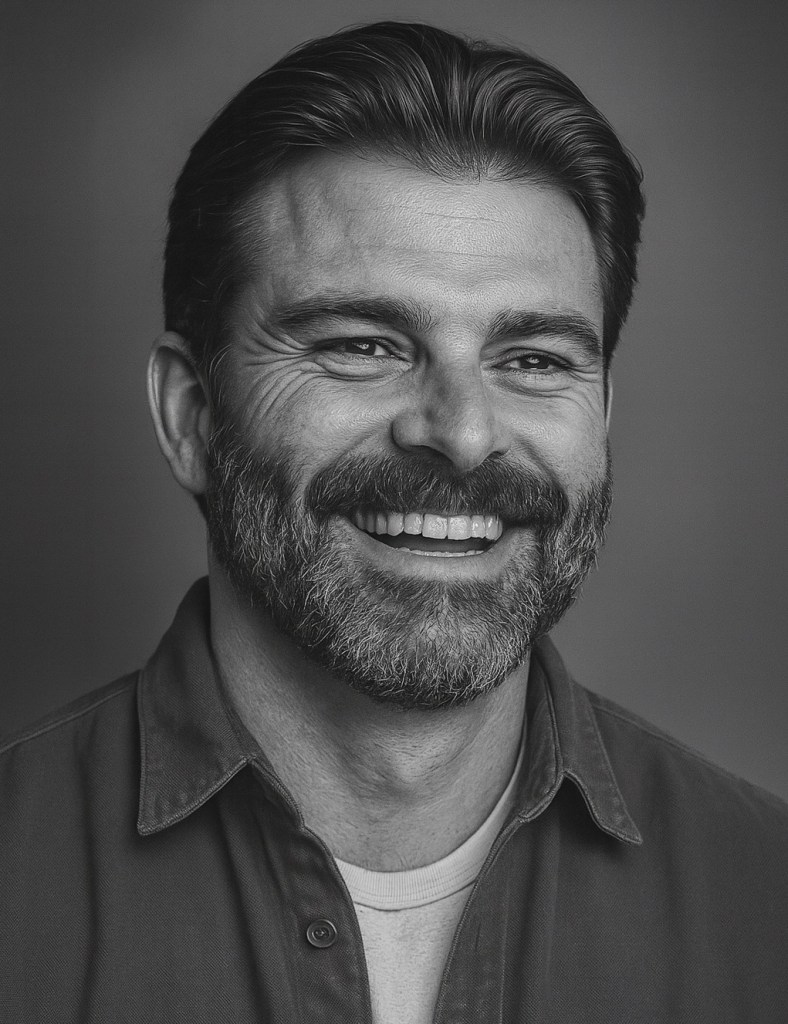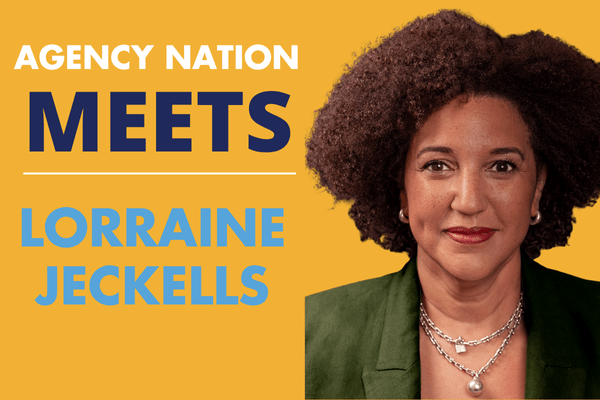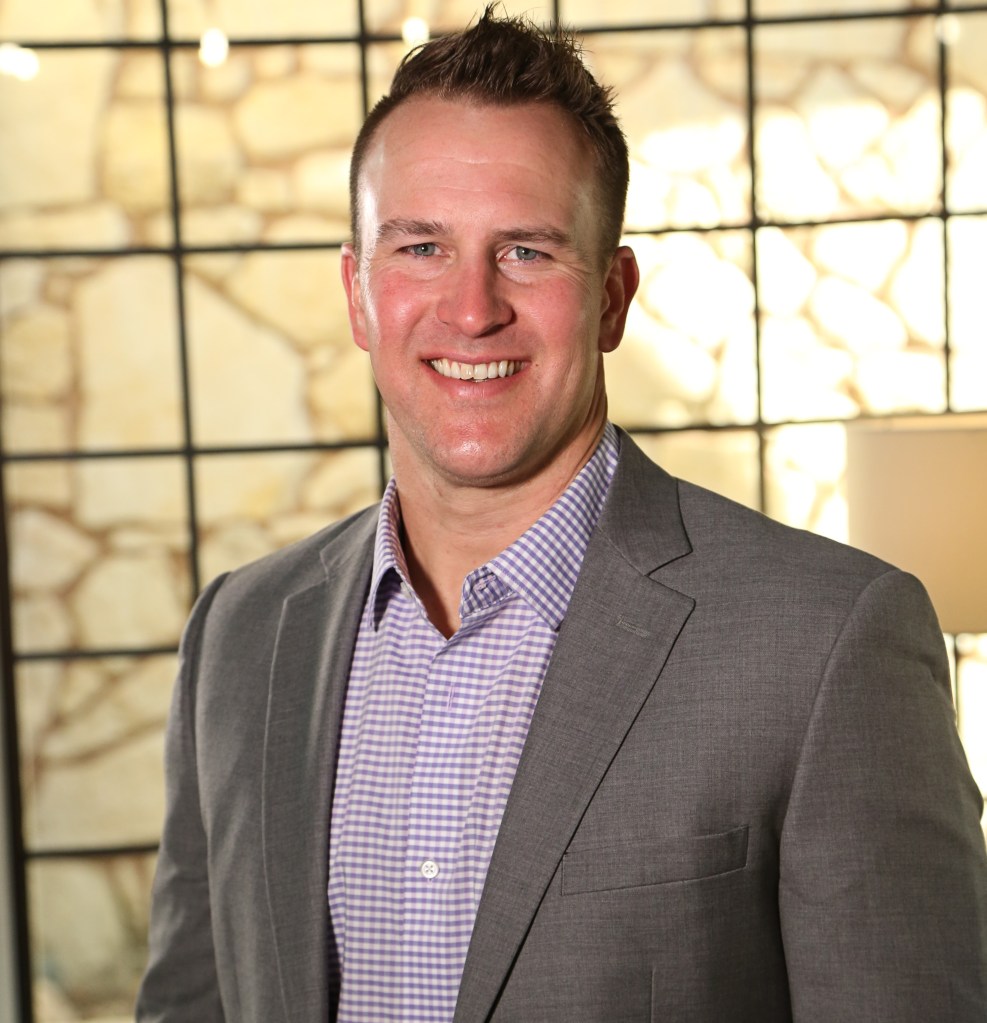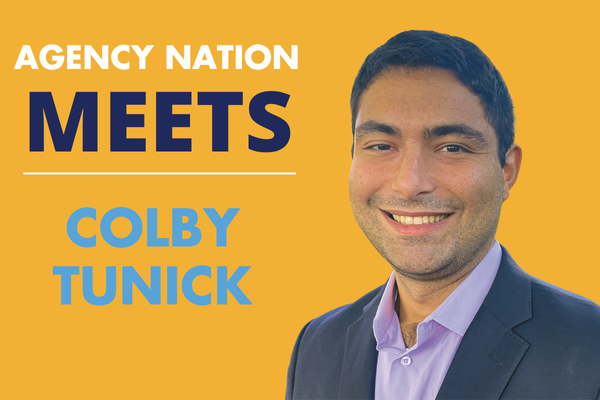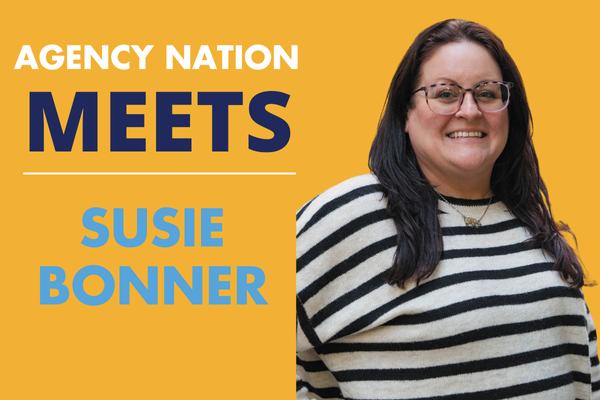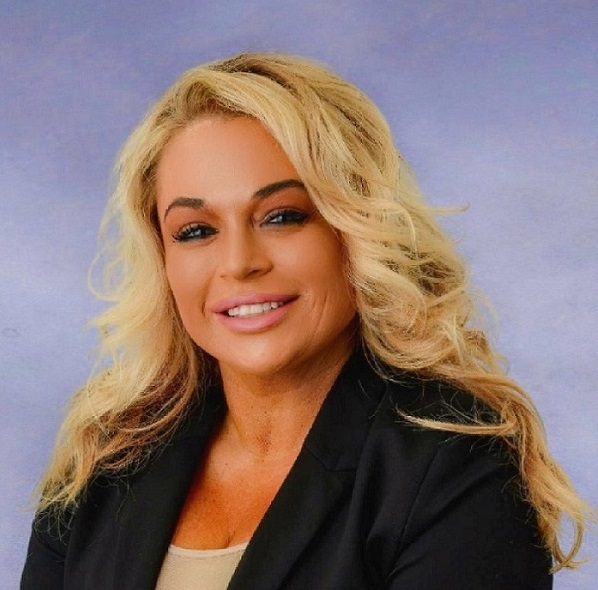Why Millennials Need Your Financial Advice

By: Dave Evans
Punxsutawney Phil didn’t see his shadow, a sign that we’ll have an early spring. But the stock market continues its dismal march through 2016—technology and bank stocks are taking particularly hard hits.
Last week’s jobs report didn’t shine a clear light on the direction of the economy. The Wall Street Journal reported that half a dozen large companies—including Johnson & Johnson, Altria Group and Yahoo—announced plans to cut some 14,000 jobs in the next few weeks.
Earlier this month, the Center for Retirement Research released a report revealing that in 2013, 55% of households in their twenties had student debt, with an average amount of $31,000. By reducing 401(k) savings and delaying home purchases, could student debt have a big impact on retirement preparedness? According to the research, yes: Student debt will result in fewer people being financially prepared for retirement.
But the issue of adequate savings is not just about retirement. In other February news, the number of U.S. consumers with personal loans has gone up to some 27 million, and younger adults and millennials have an increased share. Another recent study indicates that nearly two out of three adults have no emergency savings, even for a $500 or $1,000 expense. Meanwhile, young people, who are supposedly more risk averse, actually seem pretty comfortable taking on debt.
Consider, for example, the escalating cost of a wedding. According to theknot.com, in 2013, the average wedding cost $29,858. A corollary expense lies in activities leading up to the wedding itself—data indicates the total cost between bridal showers, bachelorette parties, bridal party gowns and travel expenses averages somewhere $1,500-$1,700. These types of expenses can exhaust emergency fund savings as well as the ability to save for retirement.
How many young people are forgoing a renter’s policy or maintaining low automobile insurance limits, putting their financial future at risk because of these competing expenses? It may seem Scrooge-like to suggest that people should forgo—or lessen the scope of—these types of events. But whether we like or not, part of being adult is accepting the responsibility of spending money wisely.
Young people cherish their independence, but they may not realize they could be putting their parents at financial risk should they not be adequately insured. Parents should not be afraid to have these conversations, even if they feel like they are meddling. Sometimes you don’t get a second chance, and being involved in an accident with an uninsured or underinsured motorist is no way to learn the lesson of having low limits.
Independent insurance agents can be the objective third party that explains the ways of the world both in person and on their websites. You never know how one conversation can make a big difference in someone’s life.
Dave Evans is a certified financial planner and an IA contributor.
